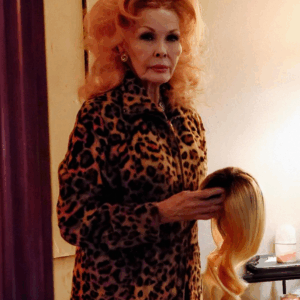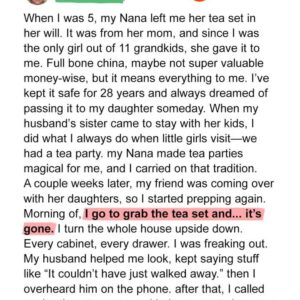Years after high school, I ran into Karina, a former classmate who once mocked me for being poor while she flaunted her wealth. She and her husband came to my family’s restaurant for their anniversary, ordered the cheapest dishes, and then she flooded social media with posts making it look like they were dining at an exclusive, lavish spot. Watching her put on the same old act of appearances over reality stirred old memories, but this time, I wasn’t embarrassed—I was proud of what my family had built.
Karina’s obsession with image only grew clearer when she later returned alone, asking to pose with expensive dishes without paying, just to impress her followers. My mom, wiser than me, told me to let her do it—reminding me that kindness says more than pride. So I helped, and Karina kept up her glamorous online life while I quietly went back to work.
Eventually, her husband came in by himself, worn down and heartbroken. Over coffee, he admitted that Karina’s need to keep up appearances was burying them in debt, and he didn’t know how much longer he could endure it. That conversation revealed the painful truth: her “perfect life” was crushing the very person who loved her most.
Not long after, the final twist came—Karina applied for a part-time job at our restaurant. At first, she acted like the work was beneath her, but slowly, her mask slipped. She grew quiet, tired, and one day, while we polished glasses together, she apologized for the way she had treated me—both back then and now. I didn’t gloat. I just listened, because in that moment, I saw not the showy girl from school, but a woman finally admitting the weight of her own insecurity.





